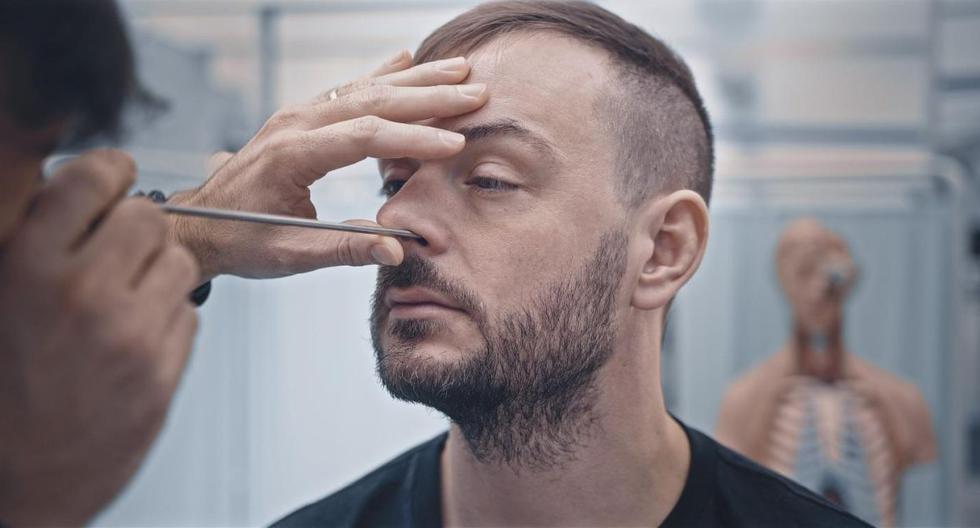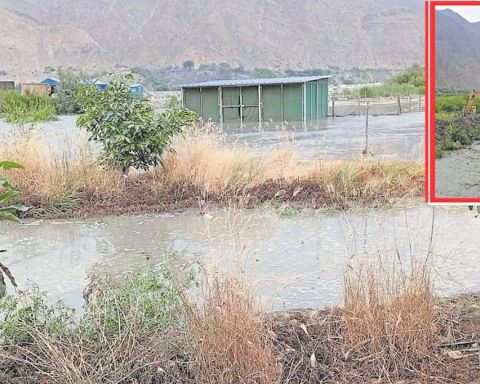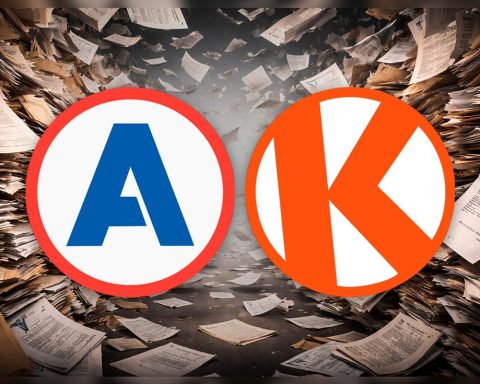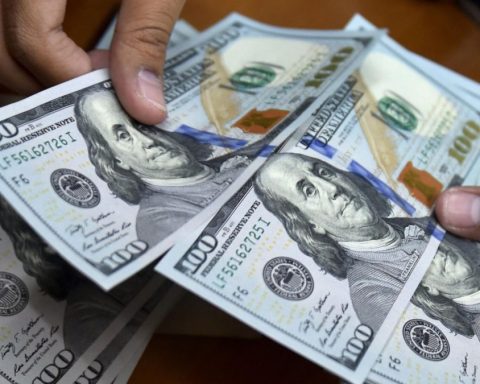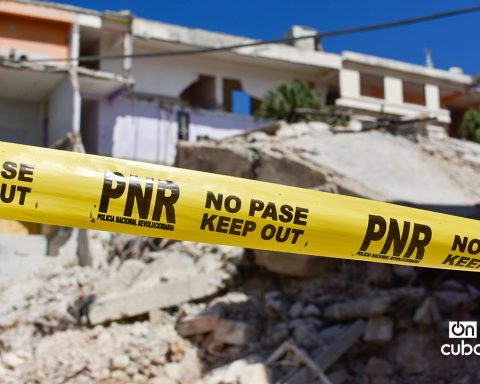Don’t you feel the smell of your perfume, or a rich stew? Loss of smell became, from the first wave, one of the key symptoms that reaffirms that a person has COVID-19. Why does a person have anosmia (when the ability to smell is lost)?
MORE INFORMATION: Are you still tired? These are the most common consequences of COVID-19
The World Health Organization (WHO) included the loss of smell in the official list of symptoms of COVID-19 and even the American Academy of Otolaryngology-Head and Neck Surgery indicated it as an indicator to diagnose the disease.
Although this symptom has been reduced with the omicron variant, many people continue to lose their ability to smell from one moment to another and wonder when they will be able to have it again. Why does this symptom occur and how long does it last?
WHY DO YOU LOSE YOUR SMELL WHEN YOU HAVE COVID-19?
Two studies comment on this affectation as a consequence of COVID-19.
- First study: according to research in the journal Nature Genetics found that a COVID-19 patient with a locus, or a specific place of a gene on a chromosome, near two olfactory (sense of smell) genes was linked to anosmia. This factor, however, only increased the chances of losing the sense of smell by 11%, but does not suggest that it is the cause of the loss of smell.
- Second study: Harvard Medical School published, in July 2020, that covid-19 causes damage to certain cells, called sustainacular cells, which support and help olfactory neurons, which identify odors.
WHAT ARE THE TYPES OF LOSS OF SMELL?
There are two types of smell loss that people experience at home, according to an ABS News posting:
- Acute: The person infected with covid may experience other symptoms, such as a runny nose or nasal congestion, which make the nasal passages inflamed.
- Chronicle: it occurs after a covid-19 infection clears up, but, weeks or months later, the person still hasn’t come to their senses. The nerve can be seen to be damaged or inflamed when it was active.
HOW LONG DOES IT TAKE FOR YOUR SMELL TO RETURN?
45% of patients with COVID-19, who experience a partial or total loss of smell, recover their sense of smell in two or three weeks at most, without major complications. But there are 7% of those affected who need more than three months, says the newspaper La Vanguardia.
WHAT SHOULD I DO IF I GOT COVID AND STILL DON’T RECOVER MY SMELL?
If after three weeks, after overcoming the virus, the patient has not recovered their sense of smell, it is advisable to go to a specialist, an otorhinolaryngologist, and propose rehabilitation therapy, says Maria Foglia, Director of Otorhinolaryngology H. Sant Joan de Reus. This can consist of an olfactory stimulation, in which a set of odors is used, with very common odors, and it is passed to the person so that they can smell them at different concentrations. Smell excessively intense aromas, which can cause irritation, so it is advisable to always do so in the hands of a doctor and not on your own.
HOW MANY SMELLS CAN A HUMAN BEING DETECT?
Smell is the bodily sense with which aromas and substances dispersed in the air are perceived. Recent studies show that humans are capable of discriminating a billion odors and not 10,000 as was thought 100 years ago, indicates the newspaper La Vanguardia. However, many COVID-19 patients lose that extraordinary ability.
